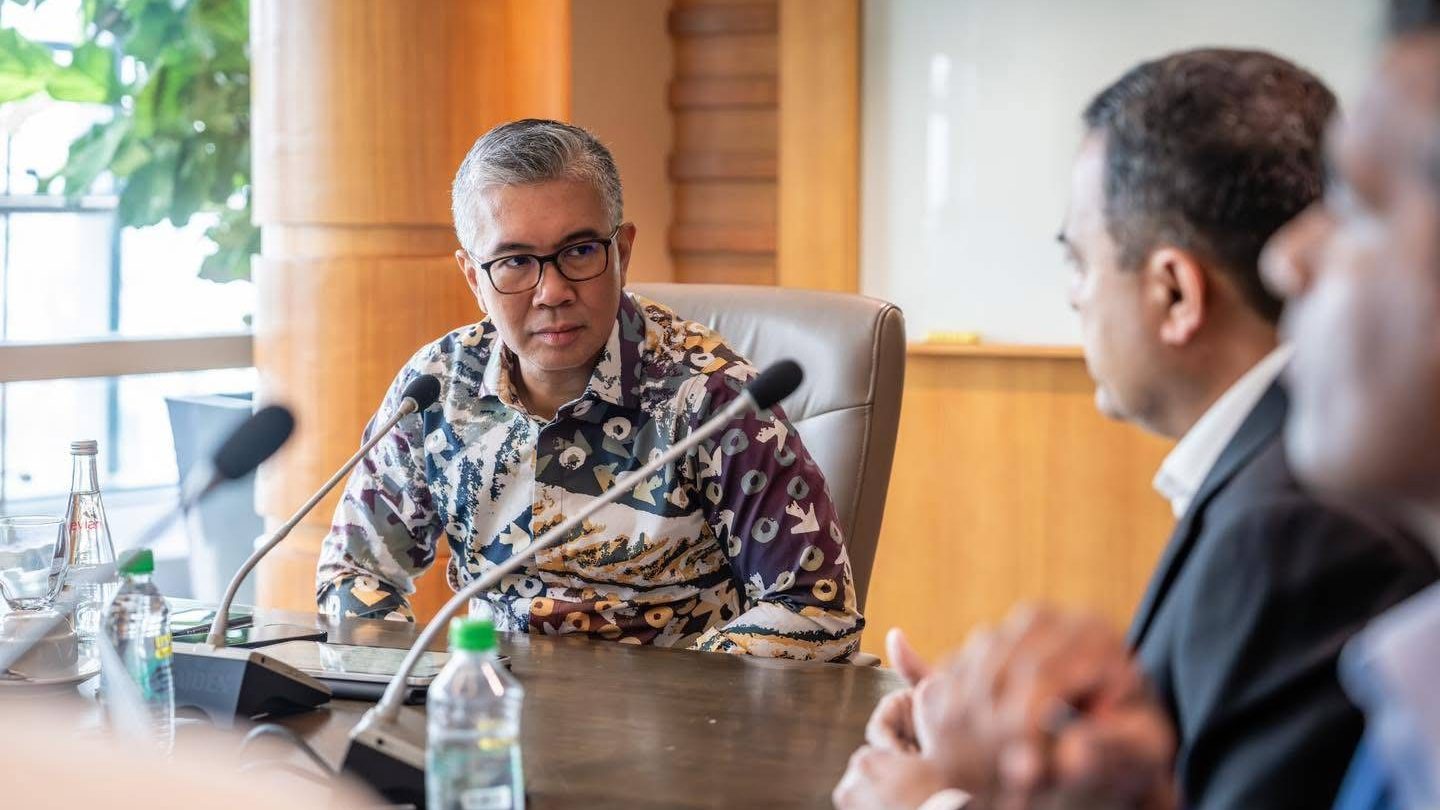MALAYSIA: Malaysia remains confident of sustaining its trade growth above RM2 trillion (S$607 billion) in 2025 despite global economic uncertainties. Tengku Datuk Seri Zafrul Abdul Aziz, the Minister of Investment, Trade and Industry, has expressed optimism that the nation’s economic trajectory will continue on an upward path, even in the face of challenges such as China’s potential slowdown and policy shifts in the United States.
Confidence in sustained trade growth
Speaking at the Golf KITA 2025 event, Tengku Zafrul reaffirmed the government’s commitment to maintaining trade above the RM2 trillion mark, citing Malaysia’s economic resilience.
“Given the current global situation, if conditions worsen — though unlikely due to our economic trajectory — we will continue to achieve trade growth,” he stated, as reported by Free Malaysia Today (FMT).
Malaysia’s economic fundamentals, bolstered by strong domestic demand, diversified trade partnerships, and strategic investment policies, are expected to support sustained growth. The government remains confident that proactive measures will mitigate external risks and keep the nation’s trade performance robust.
Record-breaking trade performance in 2024
In 2024, Malaysia’s total trade value was RM2.879 trillion, a 9.2% increase from the previous year. This marked the fourth consecutive year in which total trade exceeded RM2 trillion, highlighting the nation’s ability to navigate global economic shifts successfully.
“Our target is to maintain the RM2 trillion we achieved last year. We still expect positive growth in our economy,” Tengku Zafrul said, as published in FMT.
The steady increase in trade figures underscores Malaysia’s competitiveness in global markets, with exports and imports continuing to drive economic expansion. Government initiatives focused on industrial transformation, digitalisation, and trade diversification are expected to further enhance the country’s standing in international commerce.
Challenges and global uncertainties
While Malaysia remains optimistic, the government acknowledges the impact of external challenges, including China’s economic slowdown and potential shifts in US trade policy under the new administration. However, the country’s strategic trade agreements and strong ties with key partners are expected to cushion any adverse effects.
Malaysia aims to sustain its economic momentum by taking a proactive approach to investment and trade policies. Measures such as improving supply chain efficiency, fostering innovation, and expanding export markets are central to the nation’s long-term growth strategy.
Merging economic discussions with social welfare
Beyond trade and investment, Malaysia is also prioritising community welfare initiatives, as demonstrated by the Golf KITA 2025 event. Organised by the Southeast Asian Futures Initiative Centre (Seafic), Yayasan TZA, and Kelab Perkaderan, the initiative serves as a fundraising platform supporting welfare, research, and educational programmes for underprivileged communities.
Tengku Zafrul emphasised the broader impact of such initiatives, stating that Golf KITA 2025 is just the beginning. He said that more communities would benefit from the generosity and spirit of giving showcased at Golf KITA 2025 in an article by Malay Mail.
Key figures attended the event, including the Sultan of Pahang, Al-Sultan Abdullah Ri’ayatuddin Al-Mustafa Billah Shah, Deputy Prime Minister Datuk Seri Fadillah Yusof, and Selangor Menteri Besar Datuk Seri Amirudin Shari.
Outlook for 2025 and beyond
With a strong trade record in 2024 and strategic efforts to sustain economic resilience, Malaysia remains well-positioned to achieve its RM2 trillion trade target in 2025. The government’s focus on investment, innovation, and international cooperation is expected to drive continued growth despite global uncertainties.
As Malaysia moves forward, initiatives like Golf KITA 2025 highlight the nation’s commitment to economic success and community welfare, reinforcing a holistic approach to national development.
Read also: Malaysia-EU trade talks: ‘Easier and cheaper access’ at stake, but sustainability issues remain

